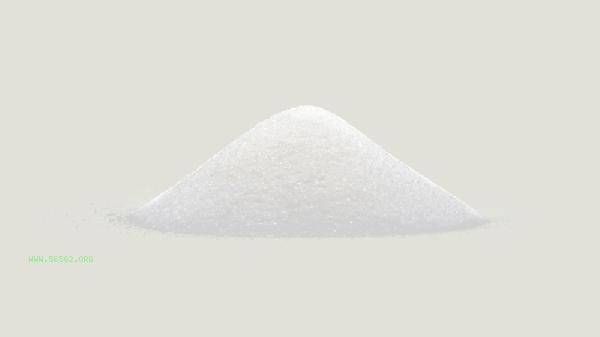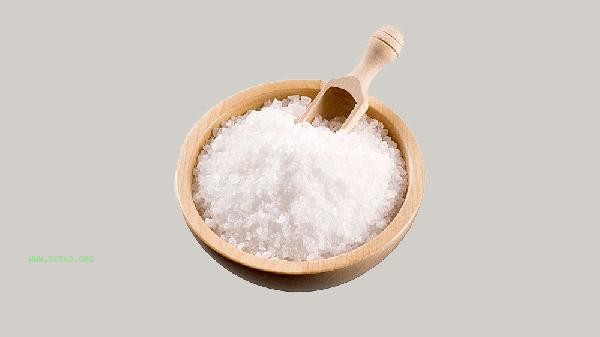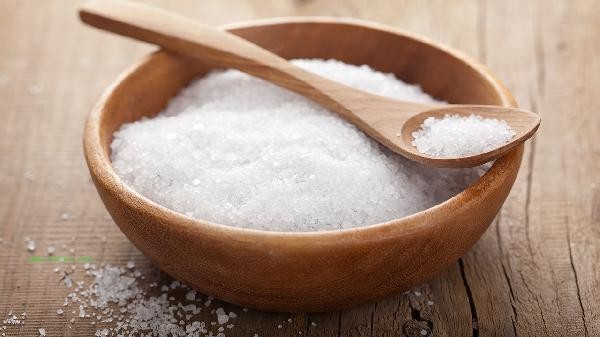Salt can clean common stains such as tea stains, oil stains, rust, blood stains, sweat stains, etc. The small particles of salt have a frictional effect, and their solubility and weak corrosiveness have a decomposing effect on some stains.

1. Tea stains
Mixing salt with white vinegar can remove tea stains from tea cups. Sprinkle salt on the tea stains, add a small amount of white vinegar to form a paste, let it stand, and scrub to dissolve theophylline. This method is suitable for ceramic and glass materials, and for stainless steel containers, friction should be reduced to avoid scratches.
2. Oil stains
Salt can absorb fresh oil stains on kitchen countertops or clothing. Sprinkle salt on the oil stain and let it stand. The particles will wrap around the oil molecules, then wipe it with a damp cloth. For fabric oil stains, it is necessary to use dishwashing detergent to enhance the cleaning effect, but dark clothing may leave white salt residue.
3. Rust
Mixing salt with lemon juice can treat metal rust. The chloride ions in table salt can work together with citric acid to weaken iron oxide. Use a soft cloth dipped in the mixture to wipe off rust spots. This method is only applicable to small areas of corrosion, and coated items should be used with caution.

4. Blood stains
Adding salt when soaking clothes in cold water can prevent blood stains from solidifying. Salt can change the solubility of proteins, and washing with cold water can dilute bloodstains. Old blood stains need to be treated with hydrogen peroxide first, and salt is only used as an auxiliary cleaning agent.
5. Sweat stains
Soaking clothes in salt solution can decompose sweat stains under the armpits. Dissolve two spoons of salt in warm water, soak the clothes and wash them normally. For white fabrics, baking soda can be added to enhance the effect, while for delicate fabrics such as silk, the concentration needs to be reduced.

When using salt for cleaning, attention should be paid to material adaptability. Porous stones such as marble may corrode when exposed to salt. Thoroughly rinse the fabric after cleaning to avoid salt residue, and dry metal items to prevent rust after cleaning. It is recommended to use professional cleaning agents for severe stains, and salt is more suitable as an emergency or auxiliary cleaning method. Daily storage of salt should be kept dry, as the cleaning effect of clumped salt will decrease.








Comments (0)
Leave a Comment
No comments yet
Be the first to share your thoughts!